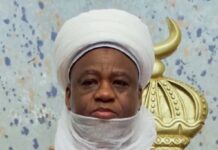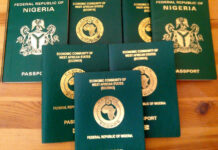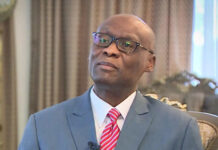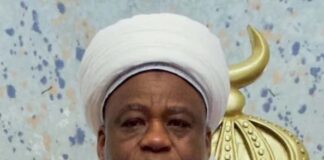The King Salman International Complex for Arabic Language is launching proficiency courses for non-native Arabic teachers in Saudi Arabia and abroad.
The project comes within the framework of KSICAL’s services and programs in the Arabic language to improve the institution’s global status and become teaching pioneers.
It seeks to raise the proficiency of non-native Arabic teachers, improve their academic knowledge, and provide them with the necessary skills related to the preparation and evaluation of Arabic language educational materials. It will also promote the global presence of Arabic and support it.
The first course of the project, which will last for 10 months, is being launched this month. There will be four courses in the Kingdom and 30 virtual courses. Experts and academics specializing in Arabic will offer these courses.
Read Also: Saudi Arabia expects spike in COVID-19 cases within days
The project seeks to train 800 teachers through theoretical and applied courses that will focus on planning, linguistic policies, preparing and setting Arabic language curricula, adequate teaching methods, and the foundations and methods of automated Arabic language processing.
It will contribute to achieving the Kingdom’s Vision 2030 to improve the spread of Arabic content, stress the language’s role as one of constant dialogue and communication among nations, and promote its message of knowledge and expertise exchange among people.
Those wishing to enroll in the training courses can coordinate with the institutions they are working in to be nominated.
They must have obtained the appropriate educational qualifications, professionally and academically linked to the course’s subject, and passed the pre-test linguistic proficiency test. The complex will reveal the details of the training courses through its Twitter account @KSGAFAL.
KSICAL was established following a government decision.
It comes within the framework of the Human Capability Development Program, one of the Kingdom’s Vision 2030 programs that are aimed at promoting the role of the Arabic language locally, regionally, and internationally, expanding its presence, and protecting it.
The complex seeks to become a global reference for the Arabic language and its applications by publishing research and specialist books in Arabic, building Arabic tests and setting their standards, developing regulations and dictionaries, supporting the enrichment of Arabic content, and utilizing AI to serve the Arabic language.






















